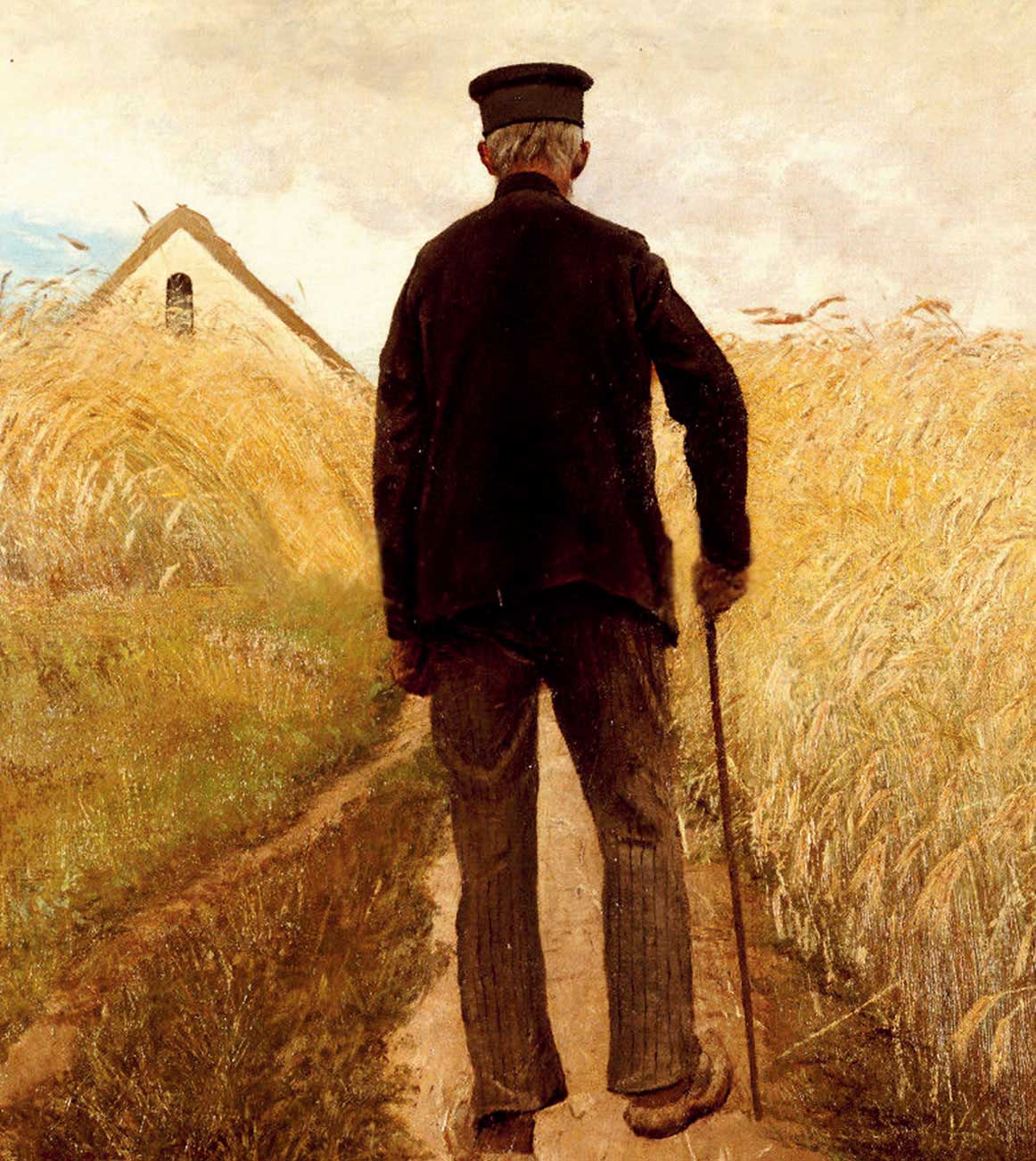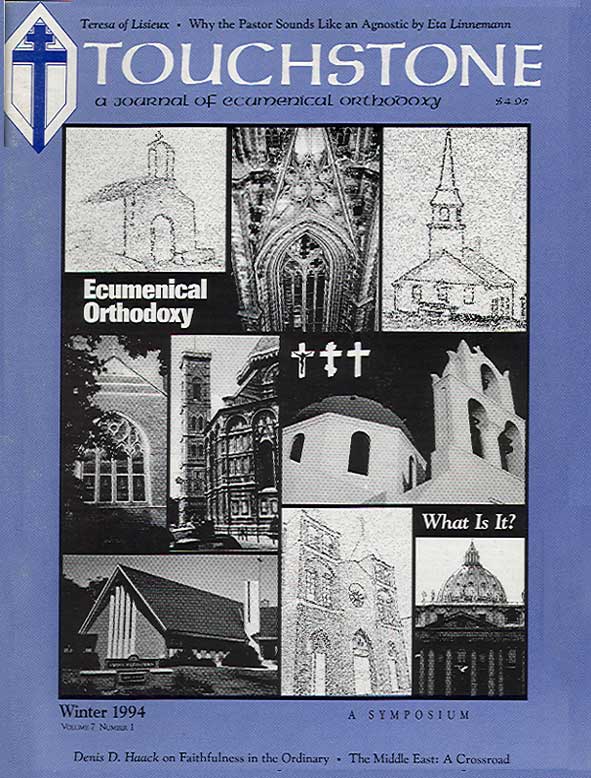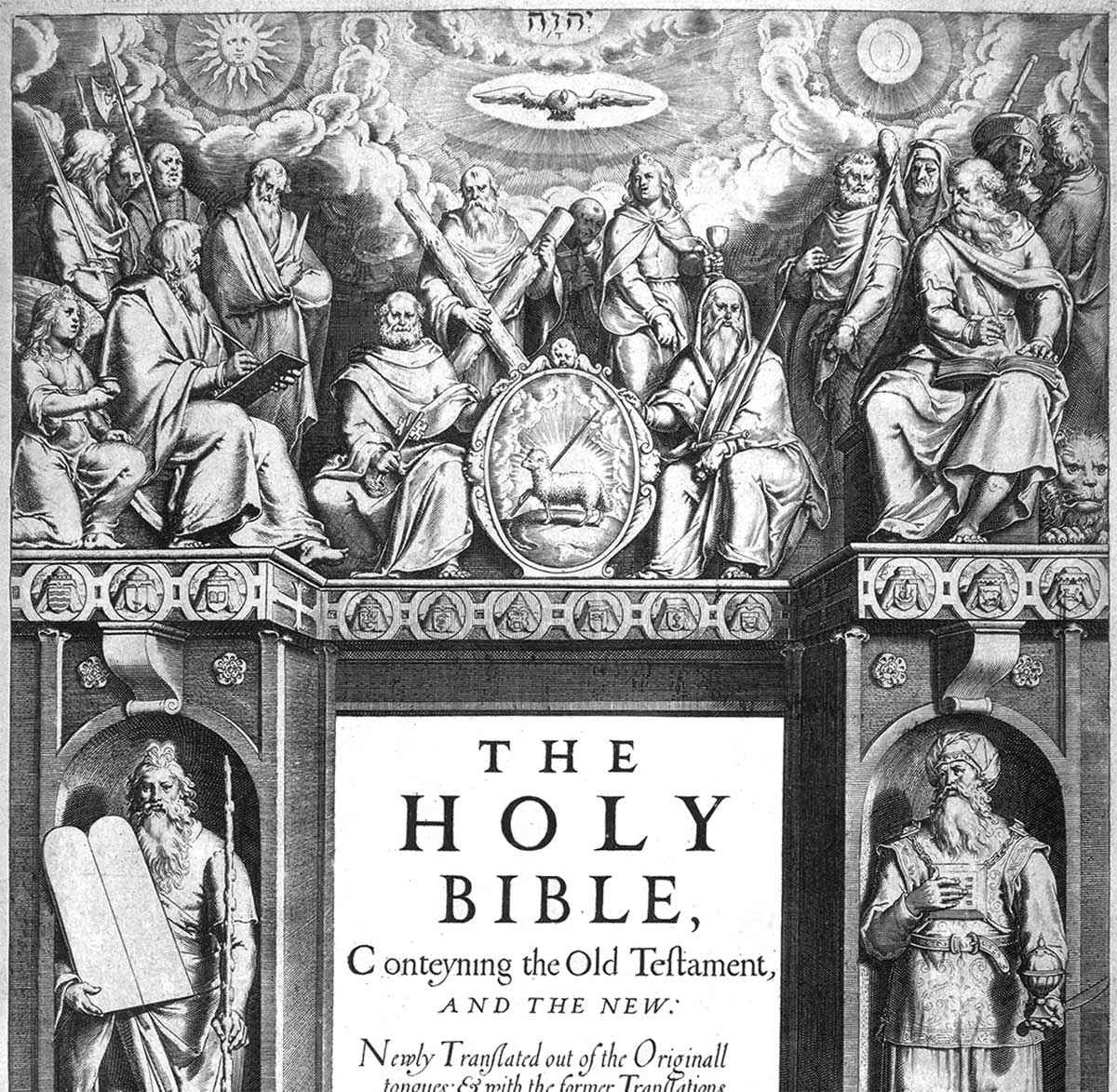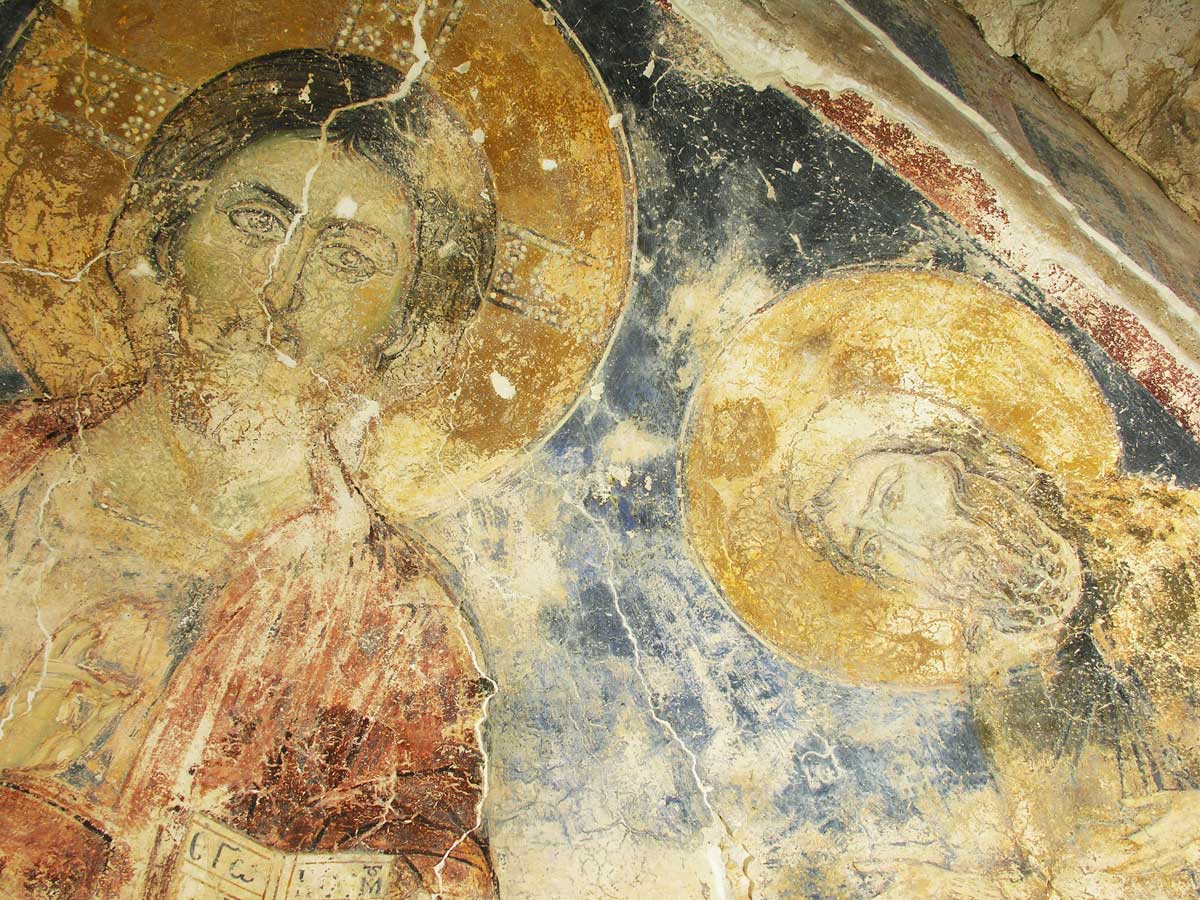A Stick Becomes the Staff of God
Reflections on Faithfulness in the Ordinary & the Routine
by Denis D. Haack
The seven sons of Sceva, we’re told in Acts 19, attempted an exorcism only to be cast out themselves. Impressed with the Holy Spirit’s empowering of the apostles, they tried to get in on some of the action. “In the name of Jesus, whom Paul preaches,” they would say to the evil spirits, “I command you to come out” (v. 13). We aren’t told whether that formula was ever successful, but one day it backfired. They found some poor demon-possessed soul over whom they recited their incantation, but instead of fleeing the demon talked back. “Jesus I know, and I know about Paul,” the evil spirit replied, “but who are you?” (v. 15). And the man whom they were trying to help leaped into action, thrashing all seven of them. “He gave them such a beating,” Luke records, “that they ran out of the house naked and bleeding” (v. 16).
It is a testimony to the ministry of Paul that the demons should know him by name. It is not surprising, of course, that they would know of Jesus—they knew that Name and trembled (James 2:19). But they knew of Paul, too, for in him the Spirit of Jesus dwelled. Think of it: To Be Known in Hell. Can one imagine a better tribute to the servant of God?
“God did extraordinary miracles through Paul,” Luke reports (19:11). I dream of extraordinary things, of course, of things spectacular enough that the blessing of God is palpable and sure. The extraordinary is not, however, what my life consists of. It is filled, instead, with very ordinary things. Just once it would be nice to do something and sense that as a result the kingdom lurched forward quite remarkably.
Os Guinness says that our faithfulness, our “action can cause ripples that never cease,” and that’s good as far as it goes.1 But ripples are tiresome little things of uncertain impact. Is that all my hard-won faithfulness and struggle and effort will produce—for an extraordinary ripple.
The Seduction of the Extraordinary
Our primary calling as the children of God is to be faithful in the ordinary and the routine. It is pride that makes us lust after the spectacular and the extraordinary. The ordinary that is before us moment by moment is not to be despised or considered insignificant or secondary. It is to be embraced and celebrated as the sphere for which we were made and in which the grace of God is so spectacularly at work.
My dictionary defines ordinary: “adj., 1. customary, usual, regular, normal. 2. familiar, unexceptional.”2 Not exciting, but then there’s something reassuring about what is familiar. In general, though, most of us prefer the extraordinary. We dream of going beyond, of achieving something that is remarkable. Somehow, such things seem more significant. With the ordinary I have to believe that God is pleased; with the extraordinary I can see it. And so, all around us are believers seeking something from God to reassure them of his pleasure—a leading, a fleece, a gift, or a sign. The details may differ depending on temperament and ecclesiastical tradition, but the yearning is unmistakable. We dream of the extraordinary and mistakenly imagine it is where significance dwells.
In Faith and Its Counterfeits theologian Donald Bloesch warns that a mistaken understanding of heroism infects the church.3 The source of the virus is in Greek thought, he says, and the carrier is the wider culture. “In Greek popular religion,” Bloesch writes, “heroes were individuals of courage and wisdom who had been elevated to the status of demigods.” The heroic was linked to notions of “greatness” which was defined, in turn, as “transcending the ordinary by aiming for the highest, even at considerable risk.”4
Some in the early church, Bloesch argues, enamored with the extraordinary, synthesized the Greek hero with the biblical saint and introduced a mistaken idea that still plagues us. “A false notion of sainthood entered the church when it accommodated to the cult of the hero,” Bloesch says. “A saint became one who challenged and triumphed over the powers of darkness rather than a humble recipient of divine grace. Extraordinary feats of asceticism were prized over ordinary acts of loving-kindness and mercy.”5
The Reformers disputed this heroic view of sainthood, Bloesch says, but the idea remained entrenched in Western culture. “The Renaissance and Enlightenment,” Bloesch writes,
Denis D. Haack is director of Ransom Fellowship, a ministry designed to help Christians develop skill in discernment, applying the truth of Scripture to the issues confronting them in modern culture. He is editor of Critique, a newsletter that attempts to model discernment as well as call attention to resources of interest to Christians concerned for revival and reformation. He is author of The Rest of Success (InterVarsity Press), and a Ruling Elder in the Presbyterian Church in America.
bulk subscriptions
Order Touchstone subscriptions in bulk and save $10 per sub! Each subscription includes 6 issues of Touchstone plus full online access to touchstonemag.com—including archives, videos, and pdf downloads of recent issues for only $29.95 each! Great for churches or study groups.
Transactions will be processed on a secure server.
more on bible from the online archives
more from the online archives

28.3—May/June 2015
Of Bicycles, Sex, & Natural Law
Describing Human Ends & Our Limitations Is Neither Futile Nor Unloving by R. V. Young
calling all readers
Please Donate
"There are magazines worth reading but few worth saving . . . Touchstone is just such a magazine."
—Alice von Hildebrand"Here we do not concede one square millimeter of territory to falsehood, folly, contemporary sentimentality, or fashion. We speak the truth, and let God be our judge. . . . Touchstone is the one committedly Christian conservative journal."
Support Touchstone
—Anthony Esolen, Touchstone senior editor














